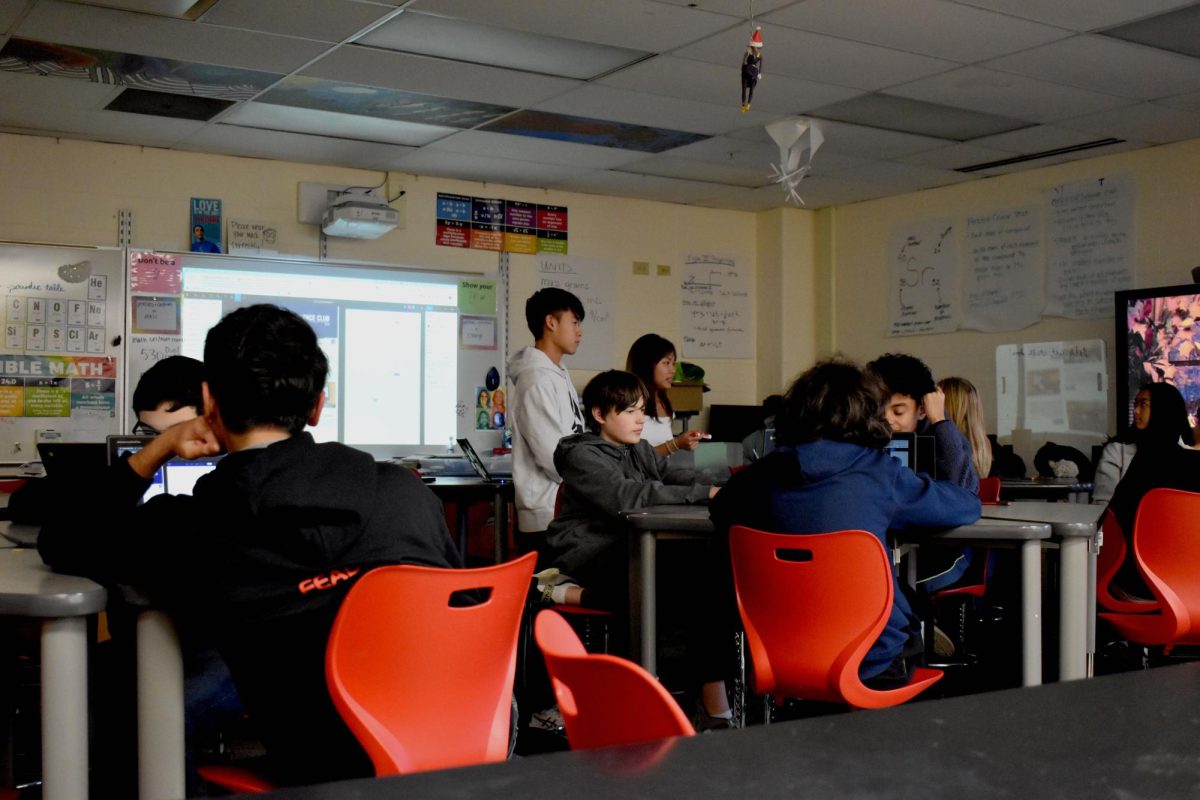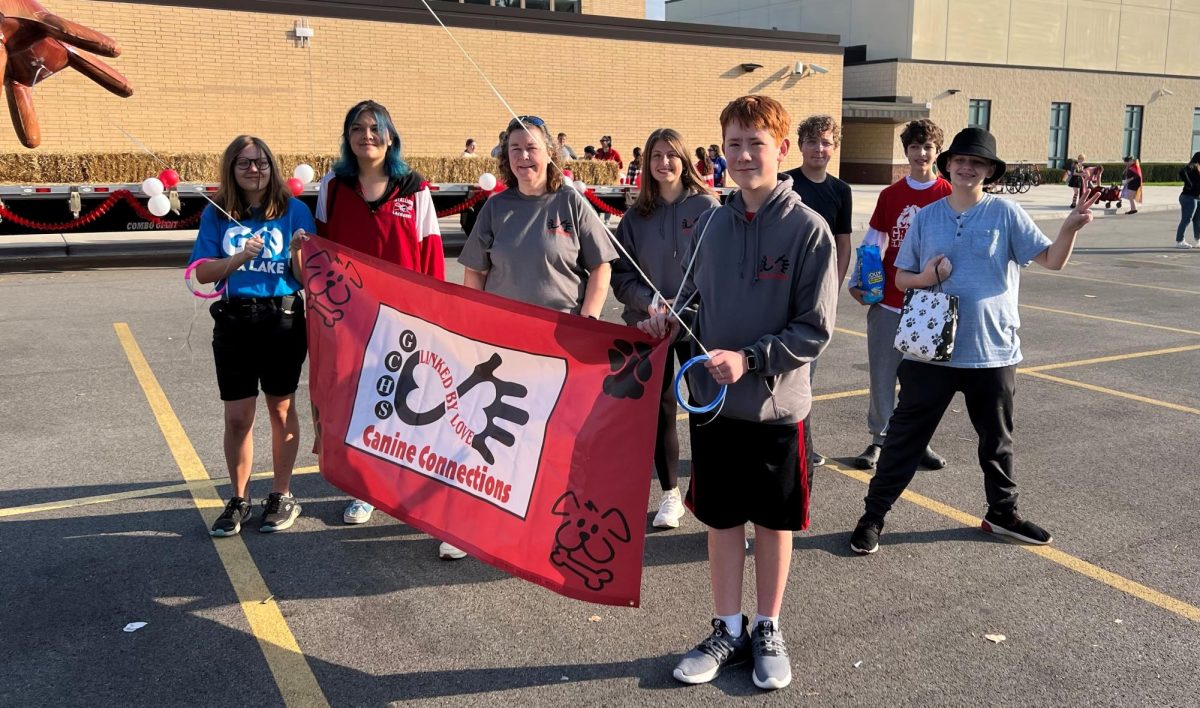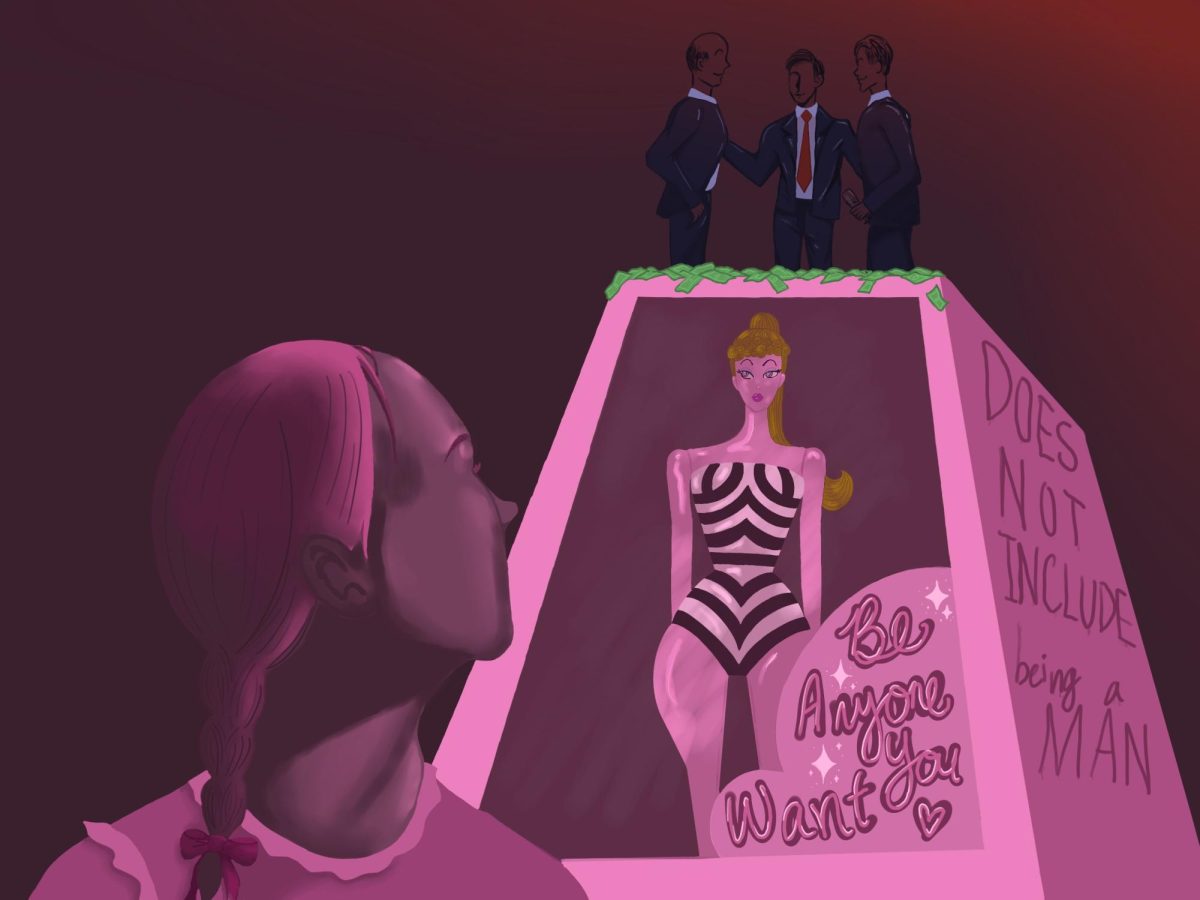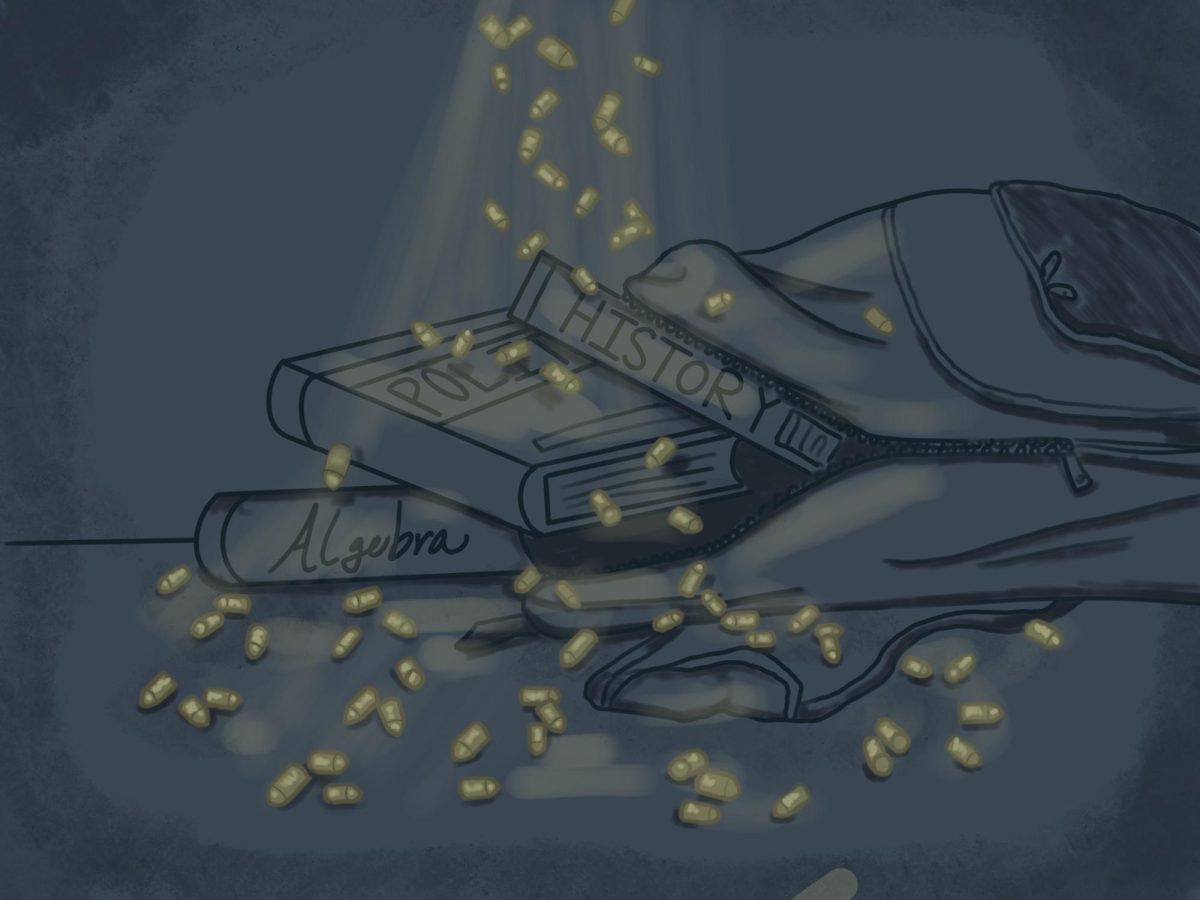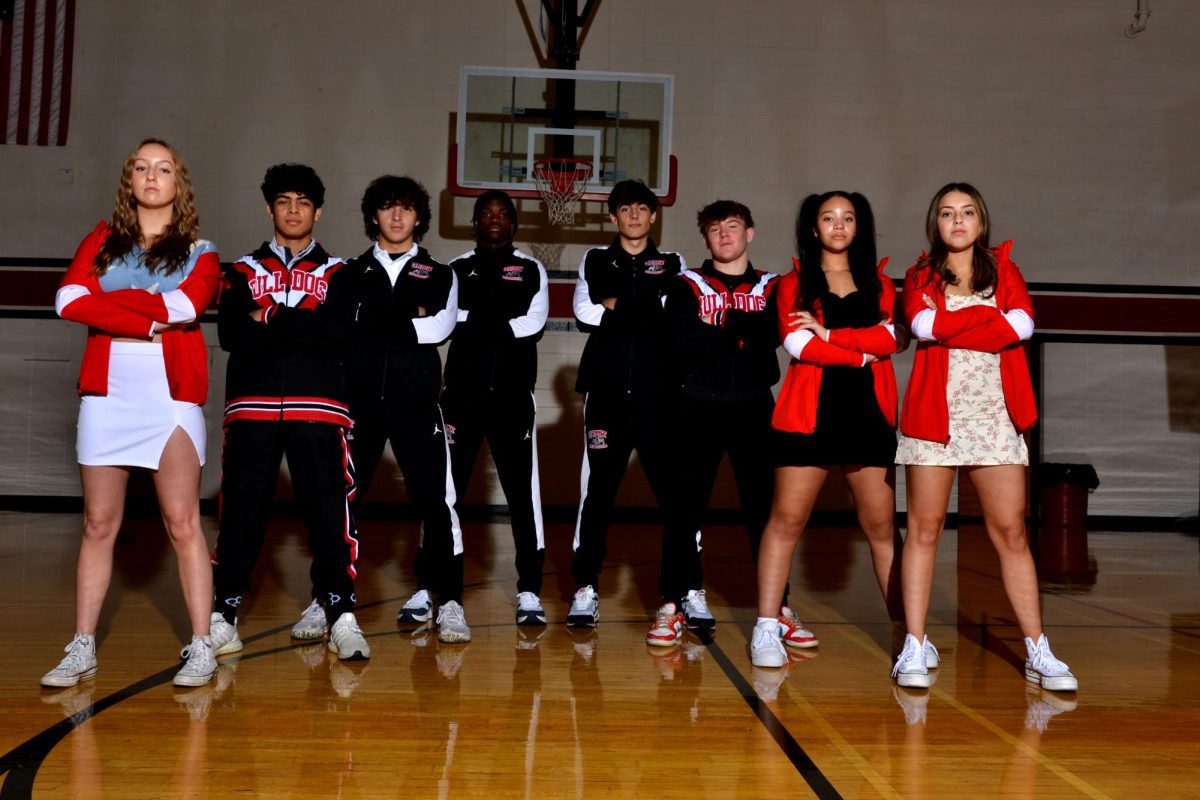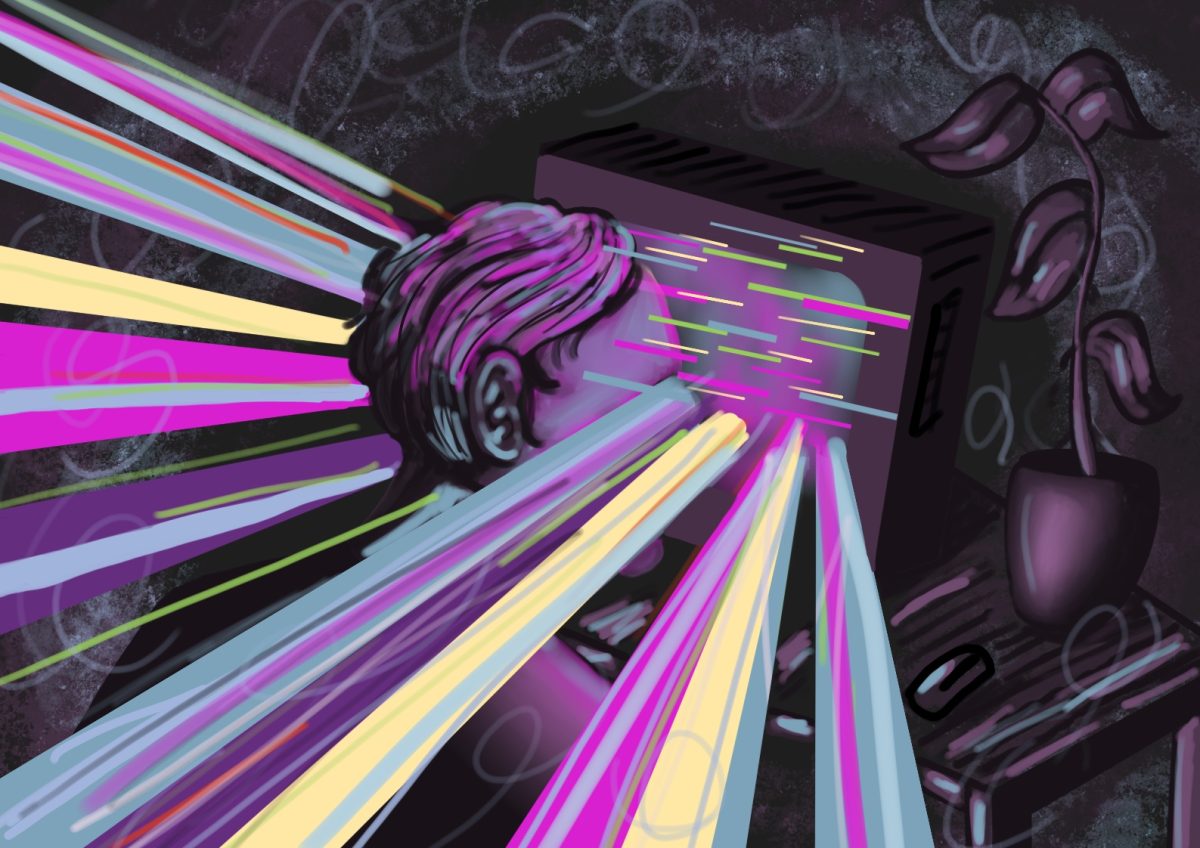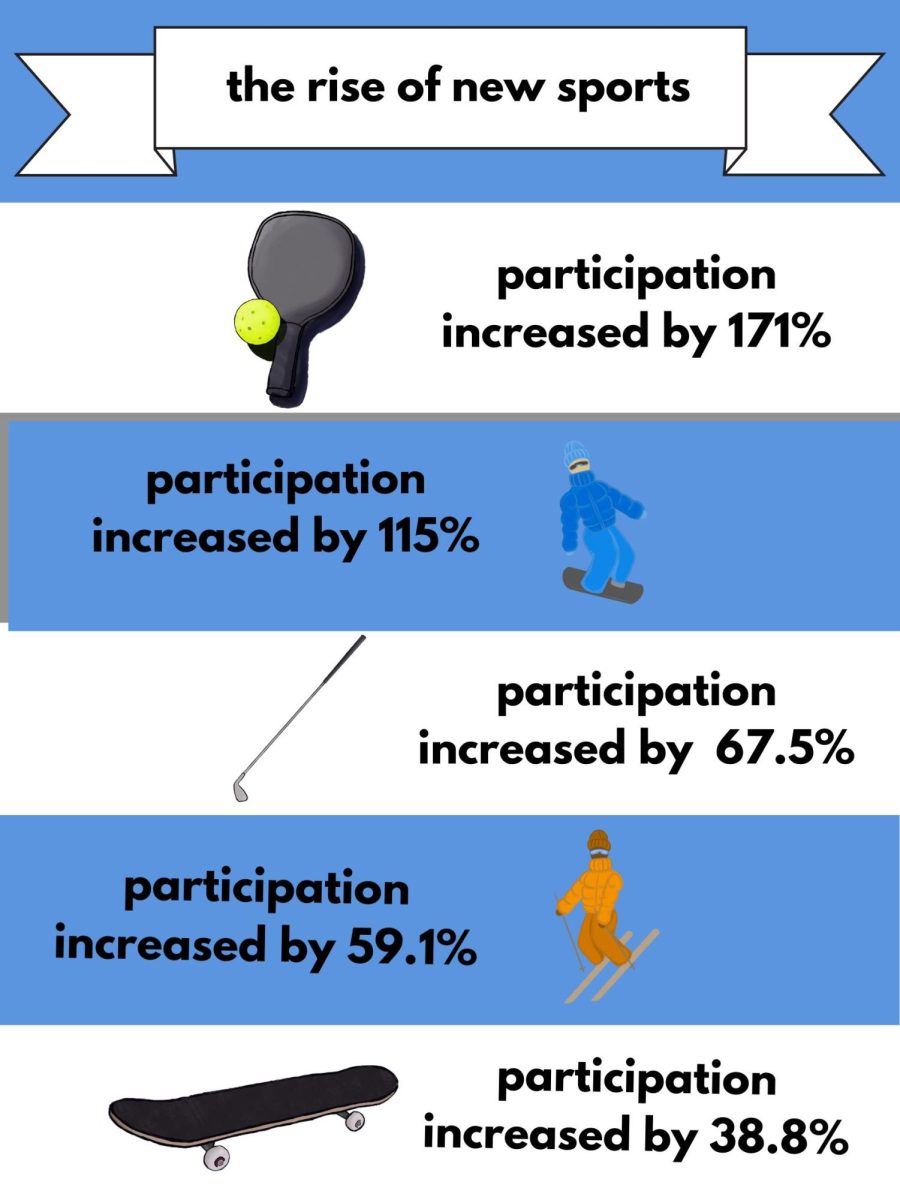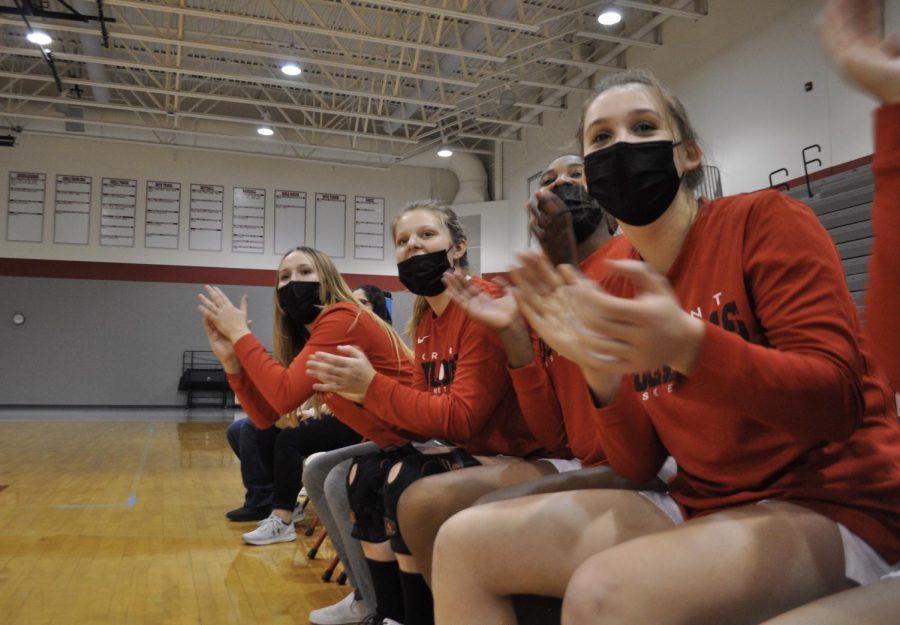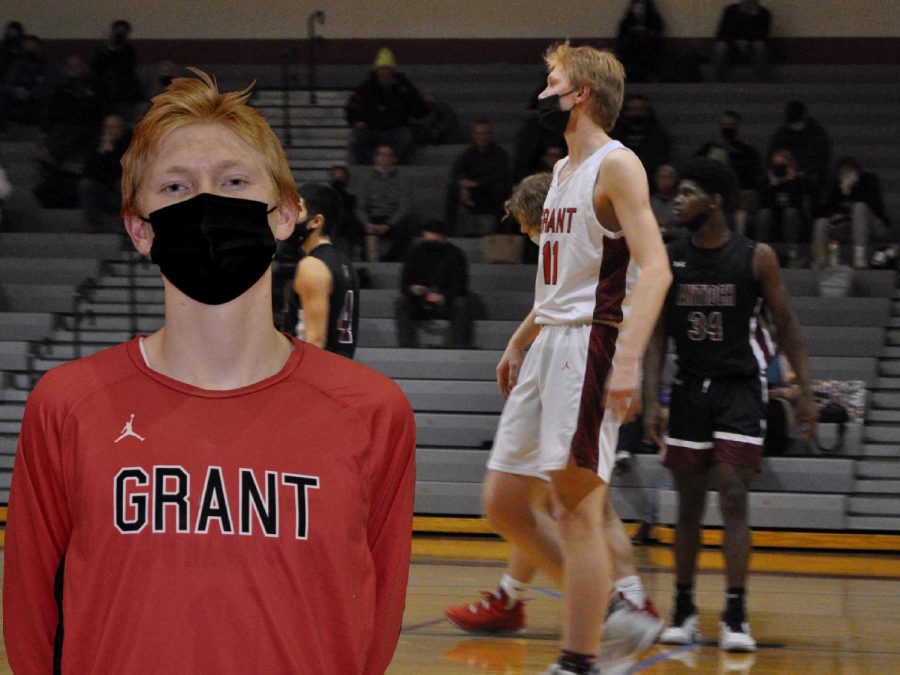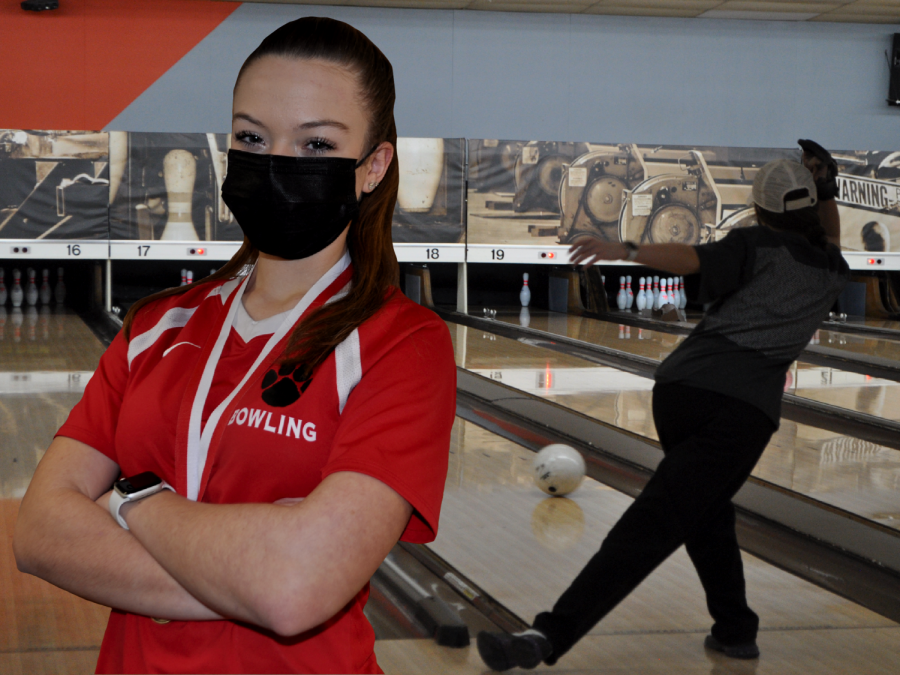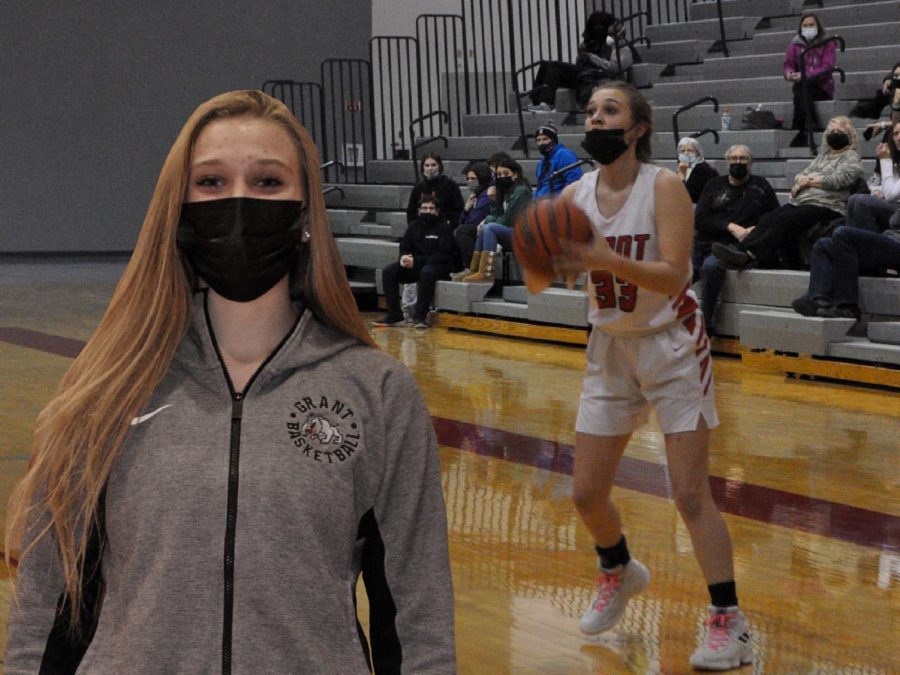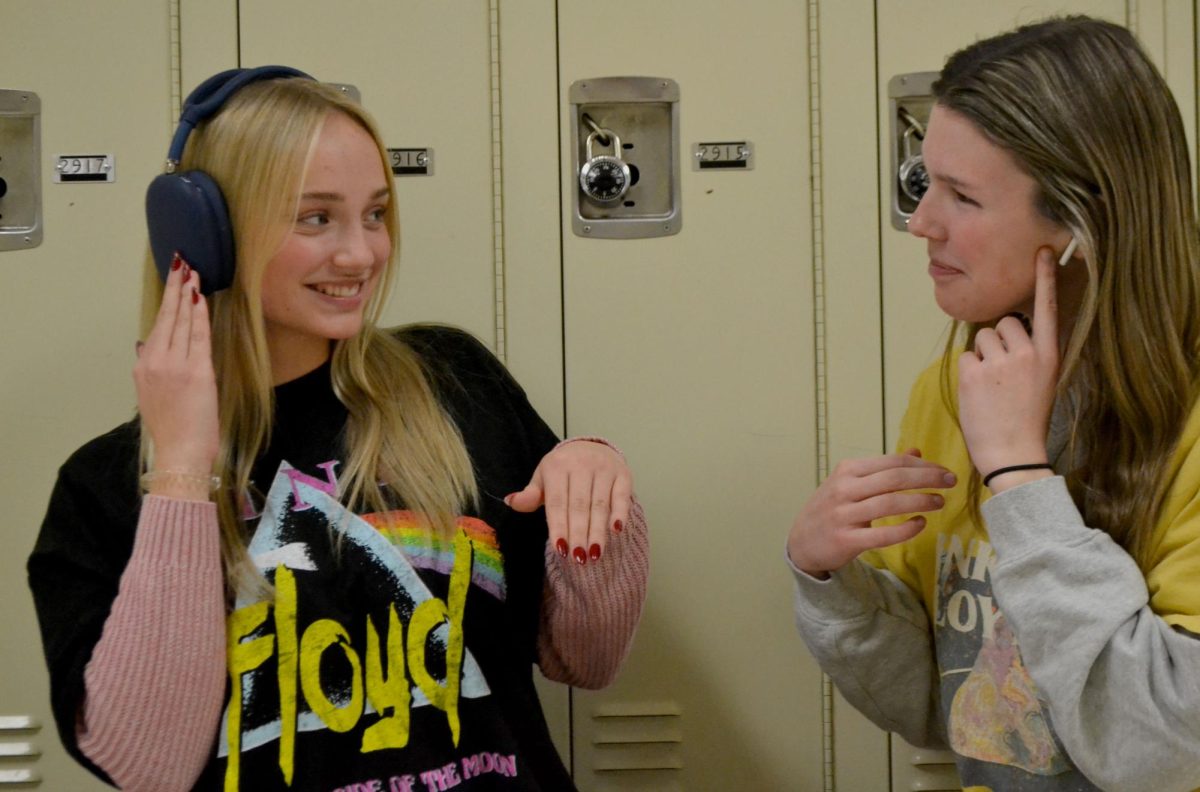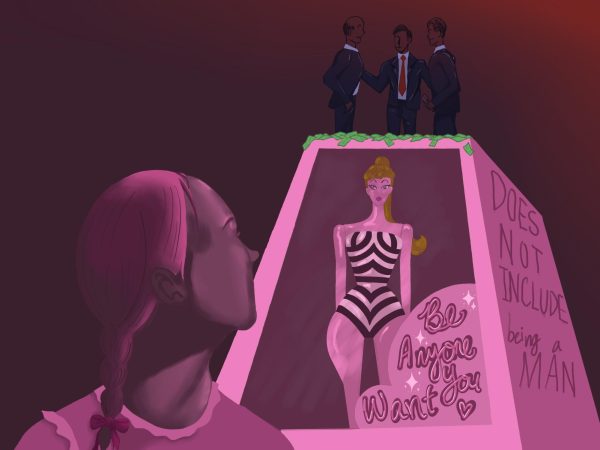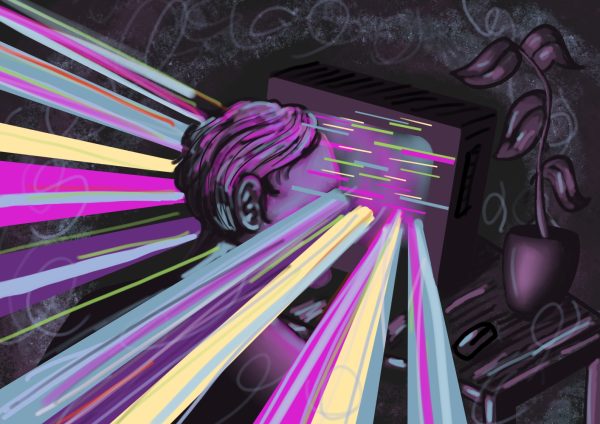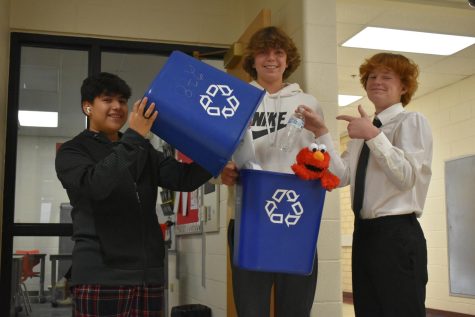Cancel Culture
Digging into the Toxic Trend
Cancel Culture has existed for several years, slowly gaining popularity over media like Twitter, Instagram, and TikTok. However, it has increasingly grown even more toxic than the trend originally was. Being upset over something someone said is fine, but mass shaming people over one small thing is an embarrassment to our society.
detrimental to the society we want to create
Cancel Culture is an act in which people withdraw support for, or cancel, a public figure or company after they have said or done something considered objectionable or offensive. However, what this definition refuses to capture is the level of group shaming acted upon this public figure or company. Withdrawing support means you stop supporting them, following them, buying their products, etc… It does not mean that people also get to talk bad about them, send them hate messages, post terrible things about them, etc… While cancel culture can be severely devastating to the person/people involved, it is also detrimental to the society we want to create. If people want to protest for kindness, then we can not accept this as a “trending” part of our society.
James Charles, headliner of the makeup industry, has been canceled. James Charles lost over 3 million subscribers in a week. James Charles’ makeup line took a huge hit. A year later, evidence comes out that he didn’t even do anything wrong to be canceled, but the media let a lie blow up and almost destroyed someone’s career over it. At the time, people were angry and they didn’t want to support someone who could have done something dishonest and disagreeable, but they refused to look into the matter any further than the one post they saw on social media. Perhaps this opens up a bigger conversation about the importance of being honest on social media. If our society is so willing to cancel people and potentially destroy their livelihood, we need to do more research for ourselves.

Often, the cancel culture trend is used to shame people for doing things they, in many cases, didn’t understand were wrong to do. Blackfishing – a term used to describe people who use cosmetic products or tanning beds to make themselves appear darker, or black. This summer, TikTok celebrity Addison Rae posted a picture of herself wearing very dark makeup, hiding her caucasian skin and giving her the appearance of being of African Heritage. While many found this offensive, some took it far enough to start a trend shaming Addison Rae for wearing dark makeup. Following the messages of the Black Lives Matter movement, a white woman doesn’t understand what it’s like to be a black woman, so she should not make herself appear as one. While it is important to make people aware of problems and situations that can cause offense, publicly humiliating someone is not the answer. Kendall Jenner, Arianna Grande, and Hailey Bieber are several celebrities who were almost canceled over how tan they tanned themselves. Maybe they just wanted a long-lasting tan, but people took it too far and mass shamed them for it.
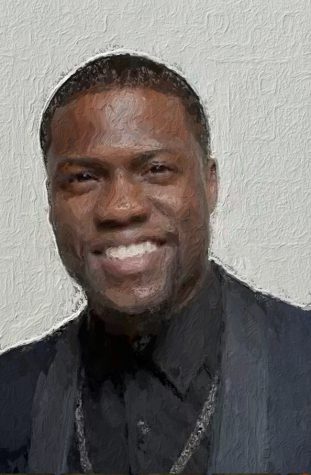
Often, people say things that they shouldn’t. The cancel culture movement likes to take advantage of this, searching for posts and tweets from years ago. Comedian Kevin Hart was canceled for a homophobic tweet of his from 10 years earlier. People change over 10 years, drastically, so to shame them for a single situation a decade later is unacceptable. As a society, we should know better. If we did something 10 years ago that we feel different about today, would we want masses of people to shame us over it?
Cancel Culture needs to go. It promotes public shaming and it promotes hate. Often, people listen to the one voice they hear and follow it. Do your research instead of promoting lies or misinformed information, bringing in another subject about being honest on social media. Many people get their information from social media, so when you promote a dishonest piece of information about someone, it spreads. As a society, especially after all of the protests this year advocating for equality, we need to do better and be better.

Seager Johnson is a senior at Grant Community High School. He is currently the Art Director of The Bark. Seager loves the journalism aspect of writing...

